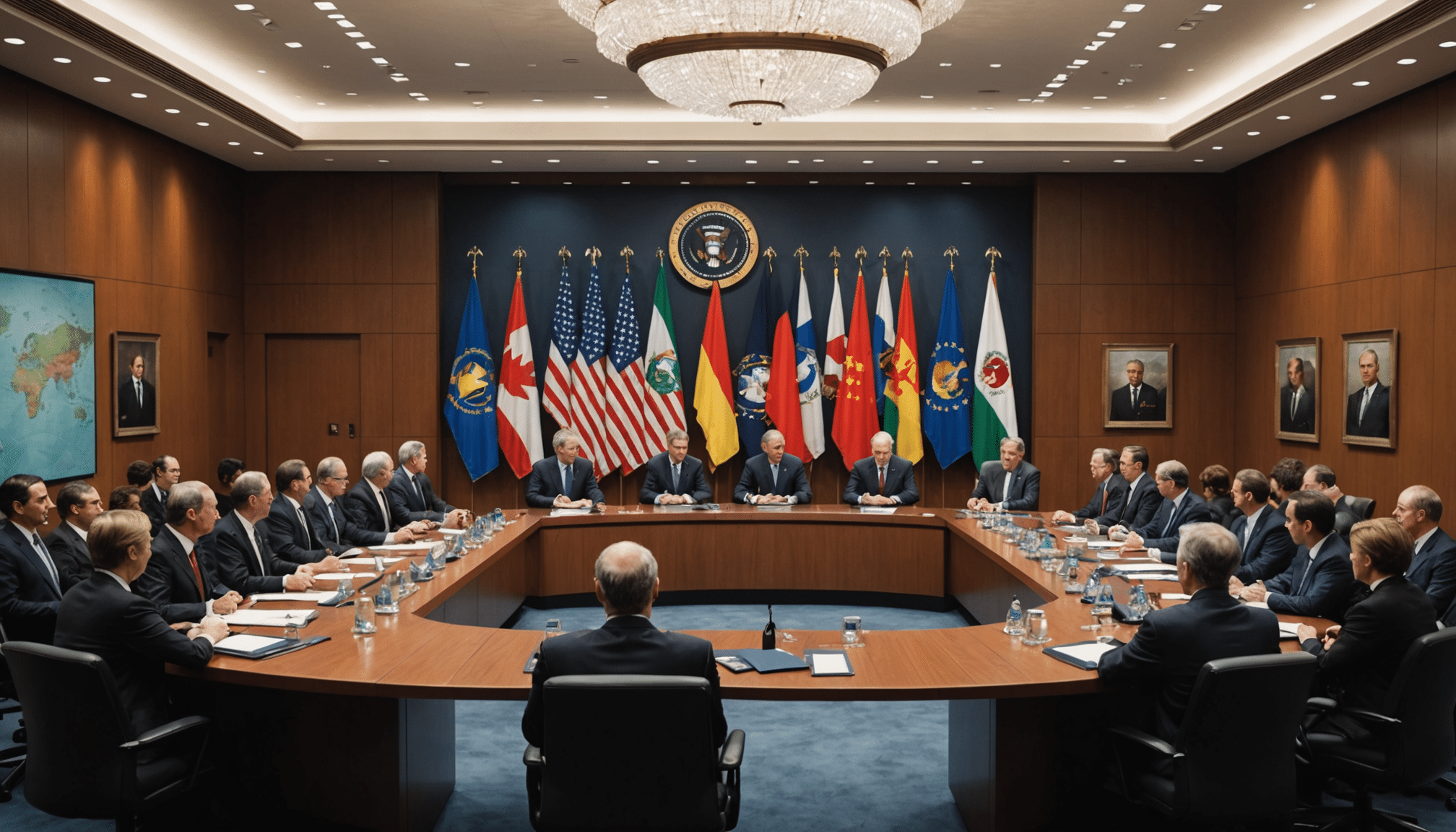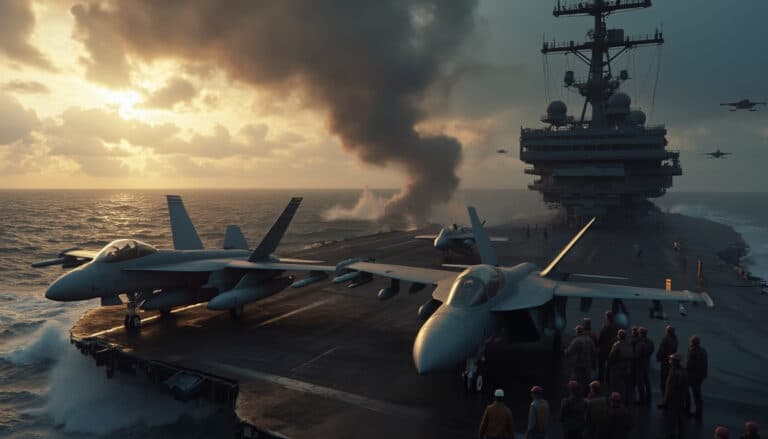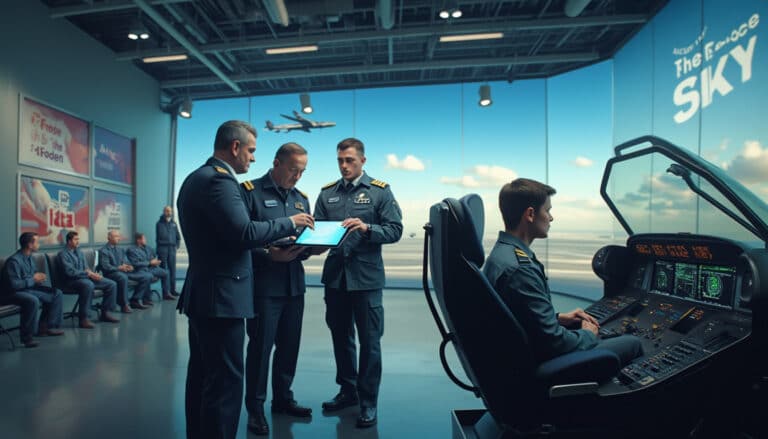As crucial defense meeting approaches, recent investigation finds the majority of Americans support the role of the United States as a global leader. This demonstrates a general desire for international engagement and a concern for security issues. However, notable nuances appear within public opinion, highlighting political divisions on how to respond to crises such as those in Ukraine and the Middle East. This complex situation reflects citizens’ varied expectations for military and diplomatic actions on a global scale.
A recent survey revealed that majority of Americans supports the role of UNITED STATES as a global leader, especially regarding events international. While 57% of participants want a increased involvement of the United States on the world stage, political differences persist, particularly on sensitive subjects such as the conflict in Ukraine and support for Israel. Opinions vary widely on what to do about these crises, revealing a divide partisan in the perception of national security issues. These results highlight the complexity of the foreign policy American, especially as the meeting on the defense planned for Reagan forum.

Table des matières
ToggleMajority supports U.S. role as global leader
A recent survey revealed that 57% of Americans are in favor of increased US involvement on the scene international. Public opinion seems to be moving towards increase American commitments, particularly with regard to complex geopolitical situations such as those in Ukraine or the Middle East. This support has come through a defense forum, where policymakers and lawmakers gather to discuss national security issues.
The nuances of American support
Despite this general support for a posture of leadership, political differences emerge. Voters on both sides, Republicans and Democrats, show different attitudes regarding how to approach international crises. For example, while a majority of Donald Trump voters support the continuation of military aid in Israel, a significantly smaller proportion of Kamala Harris voters show the same support. These nuances reveal a complex political landscape that could influence future decisions.
Impact on defense decisions
Ahead of the defense meeting, the implications of popular support are significant. American leaders will have to navigate between the demand for proactive military posture and divergent opinions on support for traditional allies. The survey results also show low confidence in certain strategic choices, making it essential to consider these factors before making crucial decisions. The ability of the United States to maintain its global leadership will depend on their ability to manage these inner tensions.
























